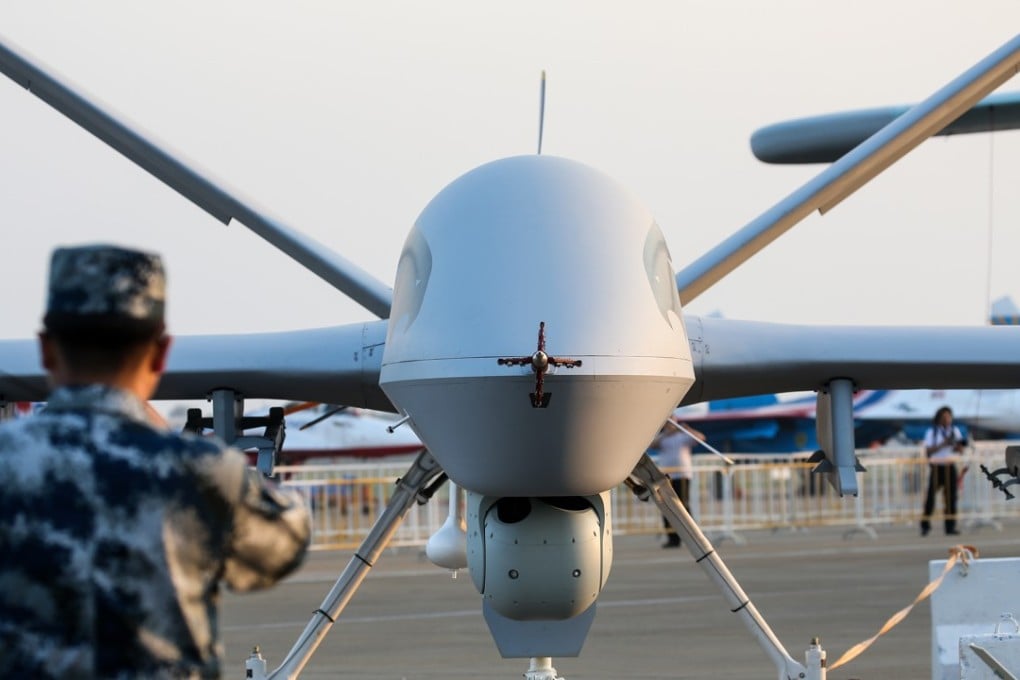China boosts intellectual property protection – for its own tech at least
Generations of Chinese advances could be lost ‘if the country doesn’t protect its intellectual property’

China’s military has raised the alarm about the country’s cutting-edge tech falling into foreign hands – as Beijing continues to come under fire from the West for forcing firms to hand over the keys to their intellectual property.
The fears were highlighted in a comment piece in the People’s Liberation Army’s China National Defence News on Monday, which suggested that China needed to erect intellectual property rights barriers around its advances, just as the West had long done so against China.
It said that over several generations China had made many breakthroughs in scientific research but those gains could end up in foreign hands and threaten national security if they were not protected.
“We must work on protecting technology as much as we have on researching and developing it,” the commentary said.
